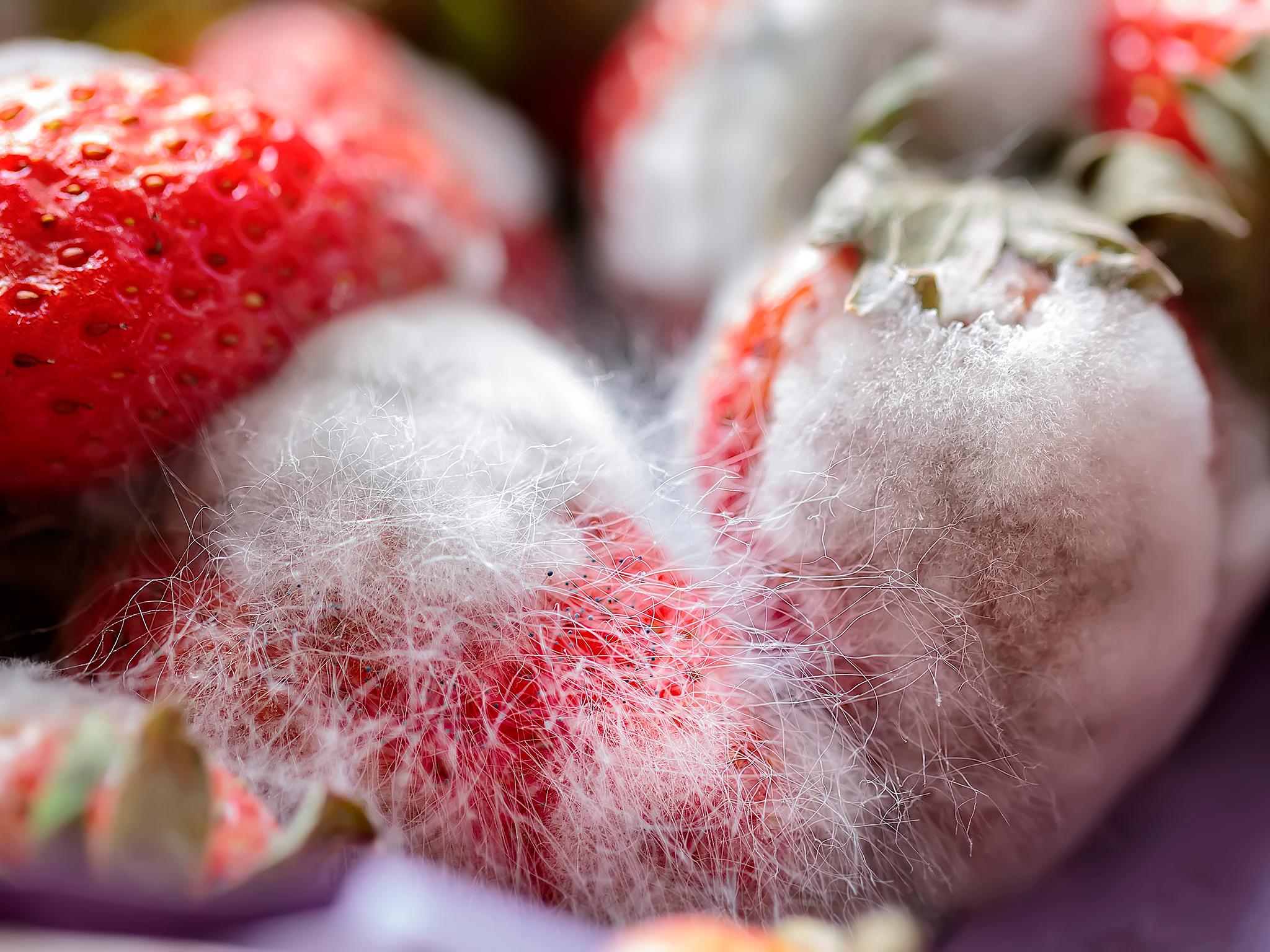The Independent's journalism is supported by our readers. When you purchase through links on our site, we may earn commission.
5 weird tips to reduce your food waste and help save the environment
Over a billion tonnes of food is wasted worldwide each year

Food waste is a hot topic both for those trying to save money and the planet. And yet the amount of edible food chucked out in the UK each year has risen to 7.3million tonnes.
New figures published by the Waste and Resources Action Programme (Wrap) show that the amount of waste has spiked by 4.4 per cent since 2012, despite efforts from campaigners and some supermarkets to change public attitudes.
Among those leading the charge to stop produce ending up in the bin is Dana Gunders, a senior scientist at the Natural Resources Defense Council in the US who recently released a book on the topic: the Waste-Free Kitchen Handbook. She argues that waste is not only harmful to our bank accounts, but is ecologically unfriendly and even immoral.
“When food goes to waste, so does everything it takes to get it to our plates – water, land, energy, and money,” she tells The Independent. A whopping 24 per cent of global agricultural freshwater is used to grow food that is never eaten. In fact, if global food waste was a country, it would have the largest carbon footprint after the US and China. And at least in the US, food is also the number one product being tossed into landfills. It’s tragic to see this waste alongside the fact that when over 800 million people are hungry.”
As well as shocking stats, Gunders is armed with knowledge of high-tech solutions and simple hacks to help people minimise what they throw out in their homes.
"Did you know strawberries last longer when they don’t touch? Put them on a single layer on a tray or aerated container with a cloth or paper towel in-between layers to buy you a few extra days," she says.
"I was also really surprised to learn that eggs are good for three to five weeks after their expiration date. To test if they're still good, put them in a bowl of water, and if the eggs sink, they're still good to eat. But if they float, they're not good to eat.
"Another trick is to use nearly sour milk as buttermilk to cook up fluffy and delicious sour milk pancakes.”
Planning is also key. “And I would know. I’m a terrible planner!” admits Gunders. This starts at the supermarket, where you should take a few seconds to look back at your basket to check you really need the contents.
At home, Gunders acknowledges what she dubs"lazy nights": “nights that inevitably you are not going to cook, and have learned to make a few ‘catch all’ recipes to use up ingredients for which the original plan did not come to fruition.”
Her cupboards are, of course, stocked with plenty of Tupperware to keep food, and she has a big soup put for cooking up leftovers and vegetable scraps. In the spirit of life hacking, some of her favourite tools for saving grub, she adds, are things with other purposes. She uses muffin tins, for instance, to portion leftover soup or chilli to freeze.
Gunders also urges people to take confidence in the kitchen. Olive oil, high heat oil, sesame oil, vinegar, soy sauce, mayo, mustard, onions, garlic, canned tomatoes, honey, crushed chillies and bay leaves are generally all that's needed to turn near-wilting veg in the back of the fridge into a delicious meal.
And for people nervous of poisoning themselves or their loved ones with produce past the sell-by or use by date on the packet, she urges: “Use your nose. For the most part, you can trust your senses to know when food has gone bad. Milk, yogurt, pasteurised juice, sauces—they can all be subject to the sniff or taste test.
"Expiration dates aren’t always related to whether or not food is safe to consume. In the UK, those that say 'best before' are used to indicate the 'peak quality' or freshness of a product, while those that say 'use by' really mean not to consume after the date. Another main criterion for evaluating food safety, regardless of the date on the package, is the amount of time food spends in the temperature 'danger zone': 4 to 48 °C”
"The products to be careful with are those they tell pregnant women to avoid - like deli meats and unpasteurized dairy products - and anything with mould."
While cutting waste is low tech, stresses Gunders, tech junkies can have their fun too. "Ethylene absorbers, which sit in your produce drawer help extend the life of fruits and vegetables, as do apps that help you manage your food and purchases. Smart fridges are starting to appear, offering limited capabilities now, but in the future could include a variety of features to help you manage your food and extend its life.”
But Gunders has set her sights outside the kitchen. She is taking the fight even wider and is currently testing how cities can measure food waste in order to prevent it, to lessen landfill burdens, hunger, and hit climate goals.
Subscribe to Independent Premium to bookmark this article
Want to bookmark your favourite articles and stories to read or reference later? Start your Independent Premium subscription today.

Join our commenting forum
Join thought-provoking conversations, follow other Independent readers and see their replies